“I never thought I’d be selling candy bars,” restaurateur Charlie Hodge admits with a laugh. Yet PayDays and KitKats are among the hundreds of sundries for sale in Hodge’s newest enterprise, Bodega on Broadway.


“I never thought I’d be selling candy bars,” restaurateur Charlie Hodge admits with a laugh. Yet PayDays and KitKats are among the hundreds of sundries for sale in Hodge’s newest enterprise, Bodega on Broadway.
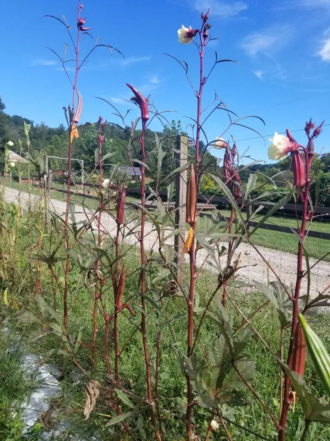
The okra selected for the 2020 project, Aunt Hettie’s Red, boasts both regional roots and modern acclaim. Last September, the variety was crowned the best of 54 in “The Single Biggest Chef-Centered Okra Tasting Day Ever” contest staged by the Utopian Seed Project.
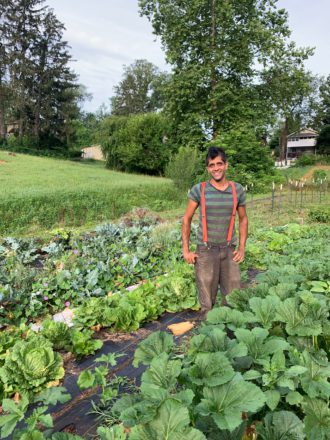
The proposed two-story pavilion would provide cold storage, processing space, a value-added kitchen and more for local community gardens.

“In designing food systems, the foods that need to be freshest when we eat them, the quick-turnaround crops, should be placed close to where we live,” Patel says. “I didn’t really think the farm would be as broad and idealistic as it turned out to be, but I’m pretty idealistic, so it has naturally turned into that.”
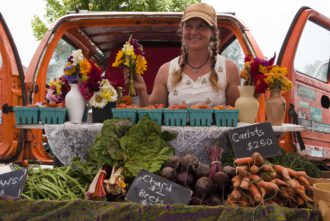
Despite the unique set of challenges it presents, WNC women are increasingly looking to agriculture as a business option.
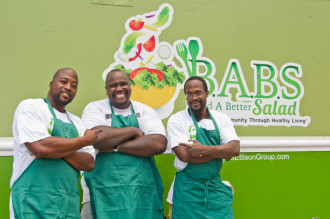
Through a partnership with Patchwork Urban Farms, chef Gene Ettison is leveraging a new entrepreneurial venture to bring healthy meals and grocery options to Asheville’s food deserts.

Xpress presents its 2017 Asheville Innovators

Xpress presents the 2017 Asheville Innovators. Our website will feature profiles of the eight projects and organizations we selected. Our fifth profile is Sunil Patel.

The ninth annual West Asheville Garden Stroll will lead visitors through 15 lovely green spaces on Sept. 9. This year’s theme highlights the idea of “sanctuary.”

Farmer and chef Sunil Patel gets back to his cultural roots with his monthly Indian Supper events at Sovereign Remedies.
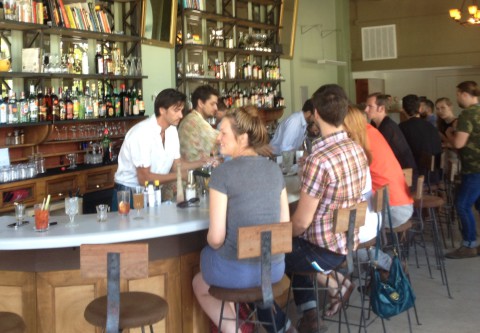
After several months of anticipation, Sovereign Remedies, Asheville’s new farm-to-glass cocktail haven, opened last week.
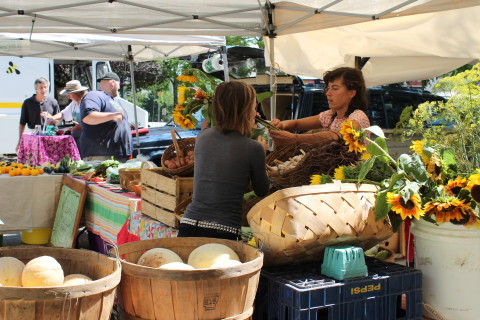
In 1790, 90 percent of Americans were farmers. Today that figure boils down to less than 1 percent. The change is particularly noticeable in the South, which up until the 1950s, was a largely agrarian society. Now, some are calling for a rebuilding and supporting of a locally-focused food system — which used to be prevalent in Appalachia.